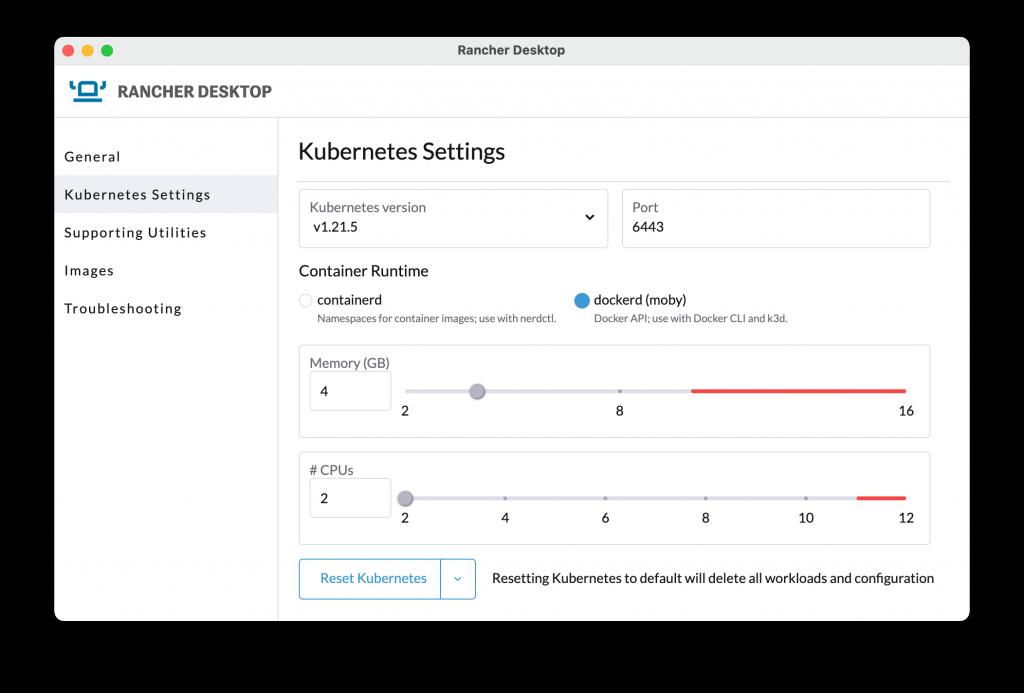SUSE Releases "Rancher Desktop 1.0.0"-Manage Kubernetes on Your Desktop
As any Kubernetes user knows, Rancher is gaining popularity as a complete software stack for running and managing multiple Kubernetes clusters across different infrastructures. And now, Linux and cloud giant SUSE has released "Rancher Desktop 1.0.0" as the first new program since the acquisition of Rancher Labs.
Rancher Desktop is an open source program that allows you to learn, try, and test Kubernetes container management. The program currently runs on "Mac", "Windows" machines (requires "Windows Subsystem for Linux: WSL"), and Linux machines with "M1" or Intel processors.
Since this is an "Electron" application that utilizes "Node.js", it can be executed on many platforms. Its main business logic is described in "TypeScript" and "JavaScript". At runtime, it also utilizes multiple programs to provide platform functionality. These programs include "K3s", "kubectl", "nerdctl", "QEMU" and WSL.
Of course, not all of these components are required for each OS. For example, WSL is not needed on "macOS" or Linux in the first place.
It is recommended to use "Node v16" when building programs from source code. In the case of Windows, "Go" is also required. In the case of Linux, QEMU is required at runtime.

As a result, the following functions will be available on Rancher Desktop.
The bottom line is that these features allow you to test certain Kubernetes locally before trying them out in production.
Rancher Desktop allows you to internally decide whether to use "containerd" or "dockerd" as the container engine without affecting the external interface. You can decide for yourself when using nerdctl or using the Docker command line interface (CLI). These CLIs allow you to build, push, pull, and run containers.
Images built with these tools can be run directly on Kubernetes without having to push / pull from the registry. Also, if you choose the dockerd runtime, Docker sockets will be available for use by other tools. This makes it possible to use tools such as "k3d" that communicate directly with Docker sockets.
The program is said to be released in 1.0, but it is still in its infancy. The SUSE Rancher team is committed to providing a stable release process for features, bug fixes, and more. This includes regular patch releases that fix bugs on the expected schedule. The team is also actively working on smaller features included in feature releases and larger issues. For example, the simple one is improved network support when connecting to a VPN.
This article was edited by Asahi Interactive for Japan from an article from overseas Red Ventures.
